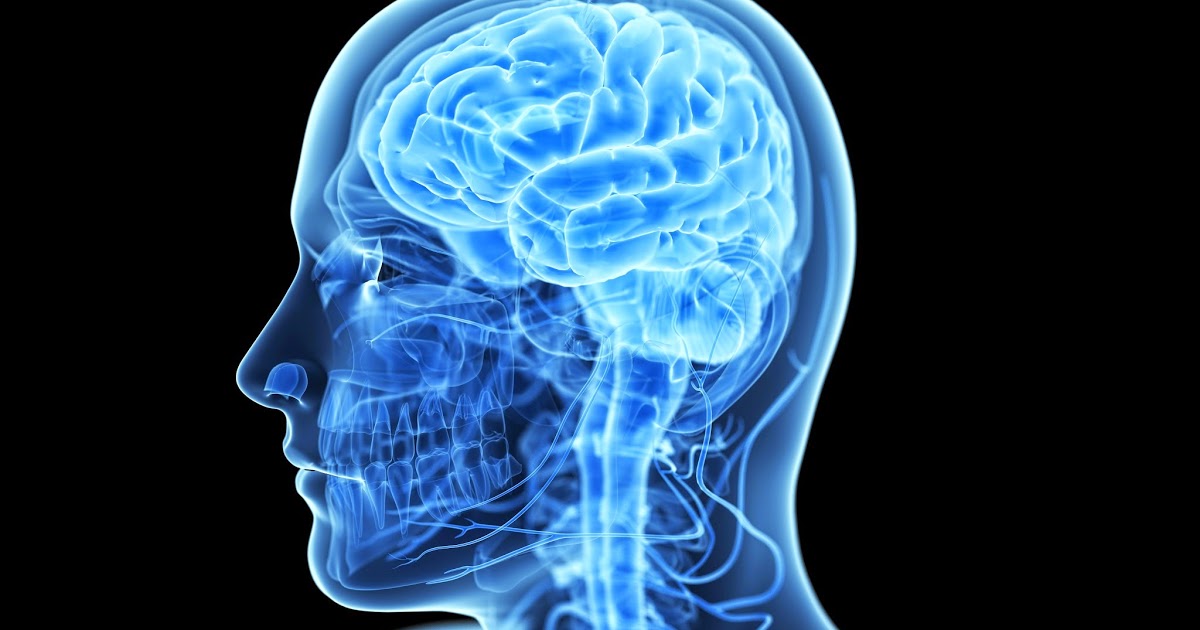Complications Associated With The Chickenpox
Encephalitis

Encephalitis is a complication that can occur in individuals infected with the chickenpox. Encephalitis is characterized by sudden inflammation and swelling of the brain. Viral infections, including those from the varicella-zoster virus, are the most common cause of encephalitis. This complication happens when the virus travels through the infected individual's blood and then attacks their brain. The patient usually experiences a headache, fever, and photophobia or excessive light sensitivity as the first manifestations of encephalitis. Those symptoms are followed by confusion, general weakness, nausea, disorientation, problems with hearing, loss of memory, vomiting, hallucinations, seizures, unconsciousness, and coma.
Encephalitis diagnosis is made using a neurological exam, lumbar puncture, CT scan, electroencephalograph, and MRI scans. Treatment for encephalitis includes the administration of anticonvulsant medications and corticosteroids to decrease inflammation in the brain. The affected individual may need mechanical ventilation or supplemental oxygen. Some patients may need sedative medications as part of their treatment. In rare cases, severe encephalitis can be life-threatening if the patient does not receive treatment.
Dehydration

Dehydration may occur in an individual who has chickenpox as a complication of the infection. Appetite loss is a common symptom known to occur in individuals infected with chickenpox, and the consumption of little or no food can cause an individual to consume less fluid since eating stimulates thirst. Additionally, the varicella-zoster virus can cause a patient to experience nausea, vomiting, or diarrhea as a manifestation of their infection. When an individual vomits or has diarrhea repeatedly in a short span of time, they may become dehydrated. The chickenpox blisters may also spread and affect the inside of the mouth, making it painful and difficult for a patient to drink and eat as they should.
Dehydration is the term used to describe a state of the body in which it is losing more water then it is taking in. This malfunction causes a disruption in the cell's metabolic processes because too much water is leaving individual cells. A dehydrated individual often experiences headaches, constipation, rapid heart rate, fast breathing, confusion, fatigue, and lightheadedness. Treatment includes fluid replacement through an IV if necessary.
